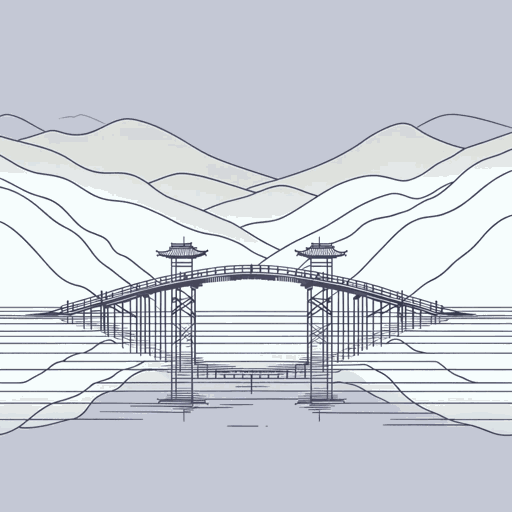60 pages • 2 hours read
Kazuo IshiguroA Family Supper
Fiction | Short Story | YA | Published in 1983A modern alternative to SparkNotes and CliffsNotes, SuperSummary offers high-quality Study Guides with detailed chapter summaries and analysis of major themes, characters, and more. For select classroom titles, we also provide Teaching Guides with discussion and quiz questions to prompt student engagement.
Story Analysis
Analysis: “A Family Supper”
“A Family Supper,” though short in length, contends with many themes including death, suicide, nostalgia, family, estrangement, and loneliness. The story is set in Japan an untold number of years after the Second World War. The time and geographic setting are left deliberately vague, giving the reader a sense of being unmoored. Without proper markers to help ground readers in specific time periods or spaces in Tokyo, readers are left adrift, forced to make assumptions and connections based on the details given in the text. Ishiguro uses these techniques to make the piece ambiguous. The mood of the work echoes the drifting, wandering nature of the story’s narrator. The narrator has nothing left for him back in California, and yet he appears unwilling to stay in Japan. He is trapped between two different states of being, just like the ghost of his mother that he sees walking through the garden. Ishiguro’s “A Family Supper” is best likened to a glimpse into purgatory. Every character in the story is stuck between two places, torn between disparate paths. The narrator is unsure if he should stay in Japan or return to America, his
Related Titles
By Kazuo Ishiguro

An Artist of the Floating World
Kazuo Ishiguro

A Pale View of Hills
Kazuo Ishiguro

Klara and the Sun
Kazuo Ishiguro

Never Let Me Go
Kazuo Ishiguro

The Buried Giant
Kazuo Ishiguro

The Remains of the Day
Kazuo Ishiguro

The Unconsoled
Kazuo Ishiguro

When We Were Orphans
Kazuo Ishiguro

